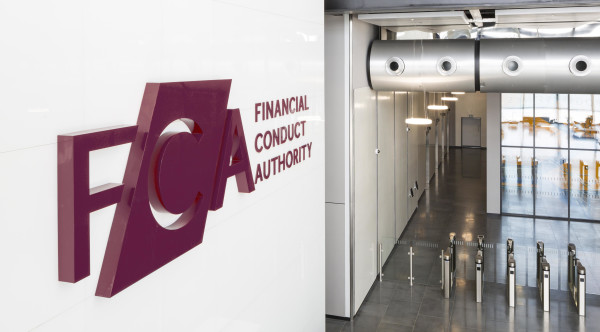

The City watchdog is eyeing up changes to legislation in order to strengthen its scrutiny of principal firms and the way they oversee their appointed representatives.
In its strategy statement on consumer investments, published this morning (September 15), the Financial Conduct Authority said it will work with the Treasury to push for legislative changes to be made so it can strengthen the AR system for firms.
The regulator will also publish a consultation later this year on changes to its rules and to clarify its expectations of principal firms, with the aim to raise the quality of financial advice.
The FCA said it wants to be able to better challenge principals on their ability to oversee the activities of their ARs, before harm occurs.
This comes after it found ARs were responsible for more complaints and redress than non-principals, which has led to firms facing “significant redress liabilities over time”.
The number of FSCS complaints paid out by non principal firms in 2018-19 H1 was £392.6m, compared with £641m for principal firms and their ARs.
When a principal appoints an AR it is responsible for the products they sell or arrange, any advice they give to customers and ensuring they treat customers fairly, like a directly authorised firm would.
In its call for input on the consumer investment market last year (September 2020), the FCA raised concerns about the effectiveness of the appointed representative/principal model in some sectors.
In the past there have been issues with ARs selling unregulated products, not approved by their network and without the principal's knowledge, for instance.
It said its reviews had found shortcomings and some significant weaknesses in the control and oversight of ARs by many principals, despite the fact the principal is responsible for ensuring the AR complies with FCA rules and is responsible for any breaches.
In today’s statement, the regulator said as well as focussing on high-risk principals, it will be increasing its scrutiny of firms when they appoint ARs.
On its website, the FCA states that principal firms should make “sufficient checks” on the AR firm or individuals to ensure they are financially stable and competent.
The FCA recently changed its fee structure for AR firms and their principals.
At first, the FCA proposed a new periodic flat fee of £250 for each appointed representative, which would have seen it raise an additional £10m of funding.
But following feedback the FCA reduced its introducer appointed representative fee to £75 with the £250 fee now only applying to full ARs.
This in turn reduced the amount of funding it expected to raise from ARs from £10m to £7.2m.
amy.austin@ft.com
What do you think about the issues raised by this story? Email us on FTAletters@ft.com to let us know



